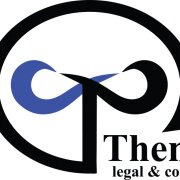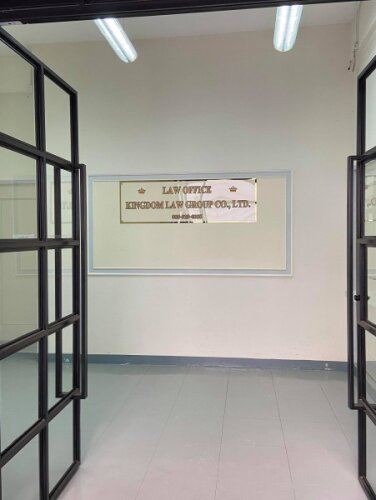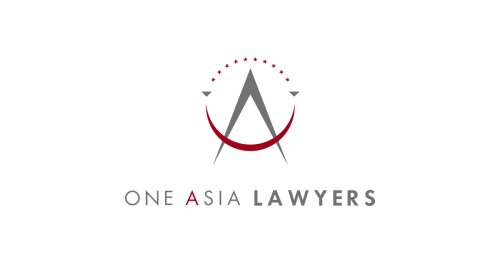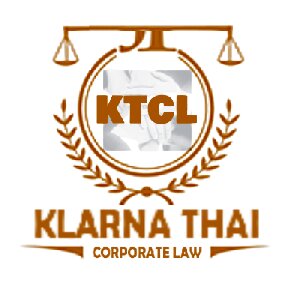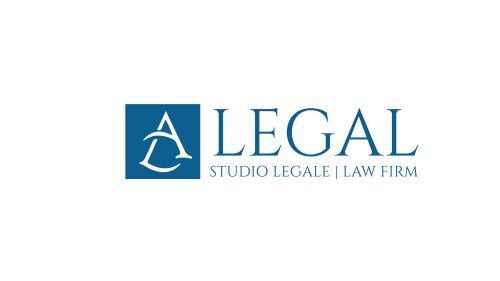Best Sanctions & Export Controls Lawyers in Watthana
Share your needs with us, get contacted by law firms.
Free. Takes 2 min.
List of the best lawyers in Watthana, Thailand
About Sanctions & Export Controls Law in Watthana, Thailand
Sanctions and export controls are legal measures implemented by the Thai government to regulate the movement of goods, technologies, and services across its borders. In Watthana, a vibrant district in Bangkok, many businesses and individuals engage in international trade, making familiarity with these regulations essential. Sanctions typically restrict transactions with specified countries, entities, or individuals for political or security reasons. Export controls, on the other hand, limit the export of certain goods, such as dual-use items or sensitive technologies, to protect national and international interests. Compliance is vital, as violations can lead to severe penalties, reputational damage, or disruption of business operations.
Why You May Need a Lawyer
Legal professionals specializing in sanctions and export controls can provide crucial guidance in various situations. Common reasons people in Watthana may need an attorney include:
- Expanding or starting international trade activities in restricted or high-risk sectors
- Facing investigations or enforcement actions for alleged breaches of export regulations or sanctions
- Uncertainty about whether specific goods, technologies, or business partners are subject to restrictions
- Drafting or reviewing international contracts to ensure compliance with Thai law
- Seeking licenses or special permissions for controlled exports
- Advising companies on internal compliance programs and staff training
- Representing clients in communications with government agencies
Local Laws Overview
Thailand maintains a comprehensive framework for sanctions and export controls, primarily enforced by the Ministry of Commerce, the Bank of Thailand, and other specialized agencies. Key legal aspects include:
- Export control lists: Specific categories of goods and technologies require licenses for export to certain destinations
- Sanctions compliance: Restrictions on trade, financial transactions, and dealings with entities named in UN resolutions or specific Thai government declarations
- Customs controls: Strict requirements for documentation, declarations, and inspections at border points
- Anti-money laundering and anti-terrorism laws: Enhanced scrutiny for transactions and business relationships with sanctioned parties
- Penalties: Significant fines, confiscation of goods, and possible criminal charges for non-compliance
- International coordination: Thailand’s alignment with United Nations sanctions and some international export control regimes
Frequently Asked Questions
What are export controls in Thailand?
Export controls are regulations that limit the export of certain goods, technology, or information for reasons related to security, foreign policy, or economic interests. They may require licenses or special permissions, especially for sensitive or strategic items.
Are there sanctions that affect trade in Watthana, Thailand?
Yes, Thailand enforces both its national sanctions and those adopted under United Nations Security Council resolutions. These may restrict dealings with certain countries, organizations, individuals, or types of goods.
How can I check if my products need an export license?
You should consult the Ministry of Commerce’s control lists or engage a legal expert to determine if your goods are restricted. The requirements can depend on the nature of the product, its end-use, and the destination country.
What are the consequences of violating export control laws?
Violations can result in civil or criminal penalties, including heavy fines, seizure of goods, revocation of licenses, and imprisonment in severe cases.
Can individuals be held liable for breaches, or is it only companies?
Both individuals and companies can be held liable for failing to comply with sanctions and export controls in Thailand.
Does Thailand have its own sanctions, or does it only follow international ones?
Thailand applies both its own domestically imposed sanctions and those required under international agreements, especially United Nations sanctions.
What should I do if I am contacted by authorities regarding export controls or sanctions?
Seek legal assistance immediately. A lawyer can help you understand your rights, respond properly, and avoid inadvertent self-incrimination.
Are there any exceptions or exemptions to export controls in Thailand?
Under specific circumstances, such as for humanitarian purposes or essential public interest, exemptions may apply. Legal advice is recommended to pursue or qualify for such exemptions.
How often are export control lists and sanctions updated?
Control lists and sanctions can be updated frequently, sometimes with little notice. Staying informed through official channels and legal counsel is vital.
Does working with a freight forwarder or customs agent ensure compliance?
While these professionals can help, ultimate responsibility for compliance rests with the exporter or business owner. Independent legal review is advised.
Additional Resources
If you need more information or official guidance on sanctions and export controls in Watthana, Thailand, consider contacting or reviewing materials from the following organizations:
- Ministry of Commerce - Department of Foreign Trade
- Bank of Thailand - For financial sanctions inquiries
- Customs Department of Thailand - For import and export procedures
- Embassy or Trade Offices of relevant countries - For specific country-based sanctions
- Thai Chamber of Commerce - For business support and compliance resources
Next Steps
If you believe you require legal assistance with sanctions and export controls in Watthana:
- Document your situation, including export documents, contracts, and any correspondence with authorities.
- Reach out to a lawyer or legal firm with experience in Thai trade, customs, and compliance law.
- Request an initial consultation to discuss your case, potential risks, and strategies for compliance or defense.
- Stay informed about updates in sanctions and export control regulations, especially those relevant to your business or industry.
- Implement internal policies and regular training for staff to ensure ongoing compliance if you operate a business.
Lawzana helps you find the best lawyers and law firms in Watthana through a curated and pre-screened list of qualified legal professionals. Our platform offers rankings and detailed profiles of attorneys and law firms, allowing you to compare based on practice areas, including Sanctions & Export Controls, experience, and client feedback.
Each profile includes a description of the firm's areas of practice, client reviews, team members and partners, year of establishment, spoken languages, office locations, contact information, social media presence, and any published articles or resources. Most firms on our platform speak English and are experienced in both local and international legal matters.
Get a quote from top-rated law firms in Watthana, Thailand — quickly, securely, and without unnecessary hassle.
Disclaimer:
The information provided on this page is for general informational purposes only and does not constitute legal advice. While we strive to ensure the accuracy and relevance of the content, legal information may change over time, and interpretations of the law can vary. You should always consult with a qualified legal professional for advice specific to your situation.
We disclaim all liability for actions taken or not taken based on the content of this page. If you believe any information is incorrect or outdated, please contact us, and we will review and update it where appropriate.



